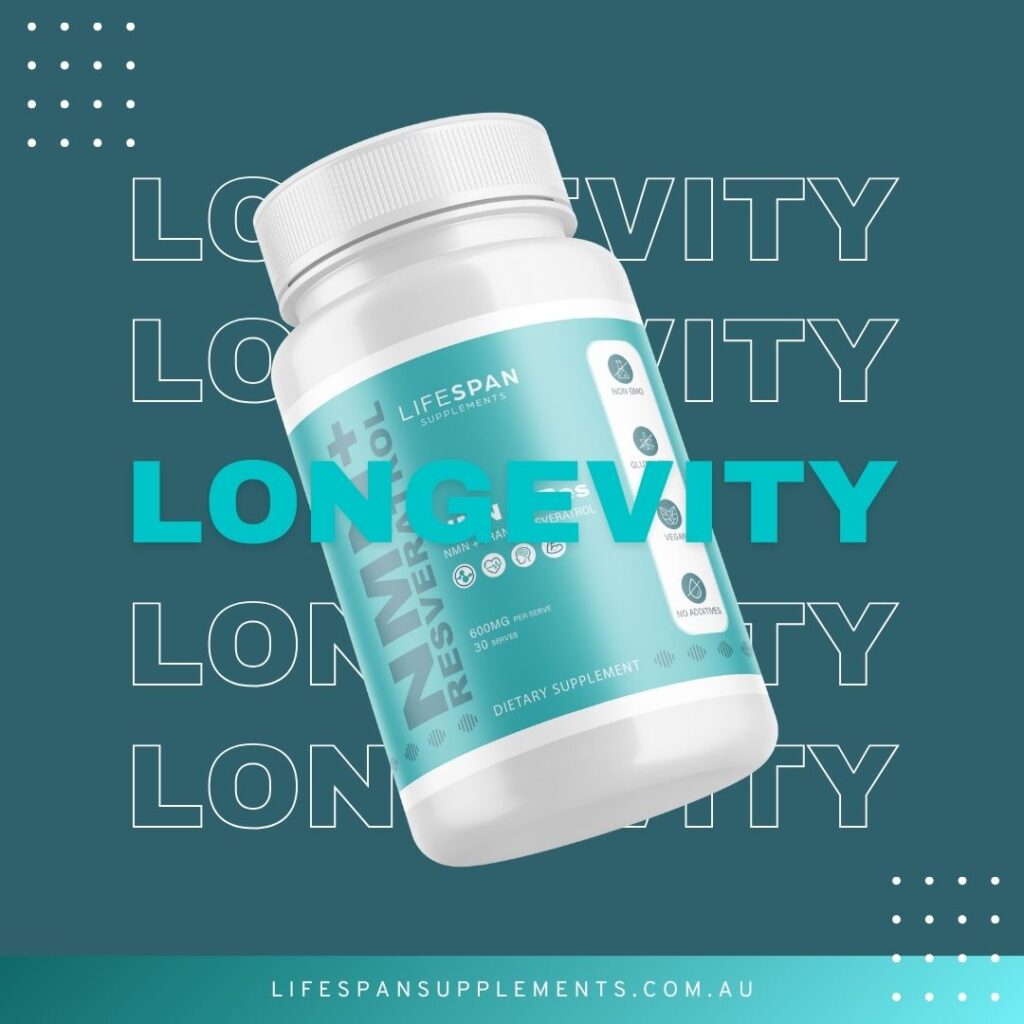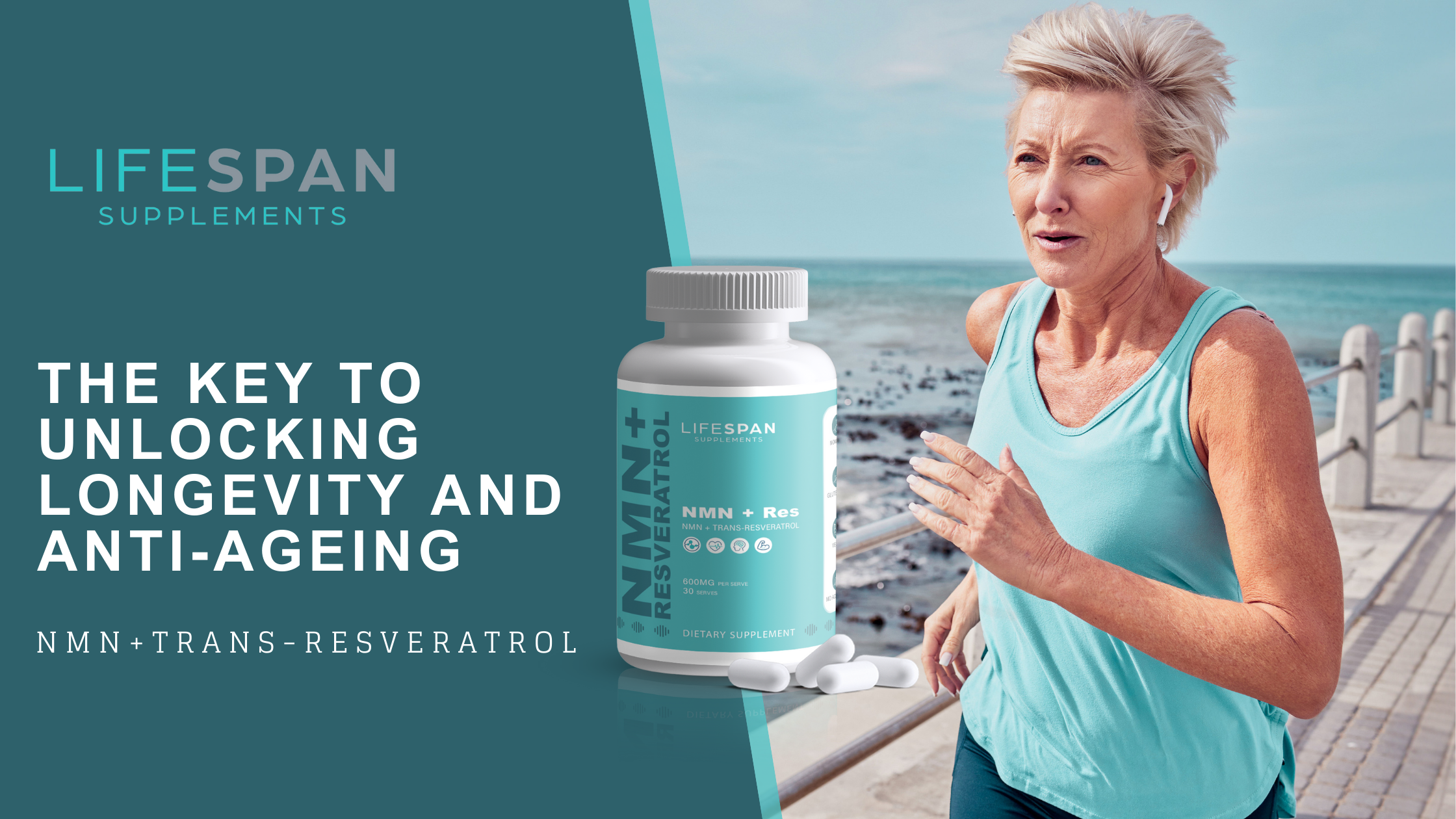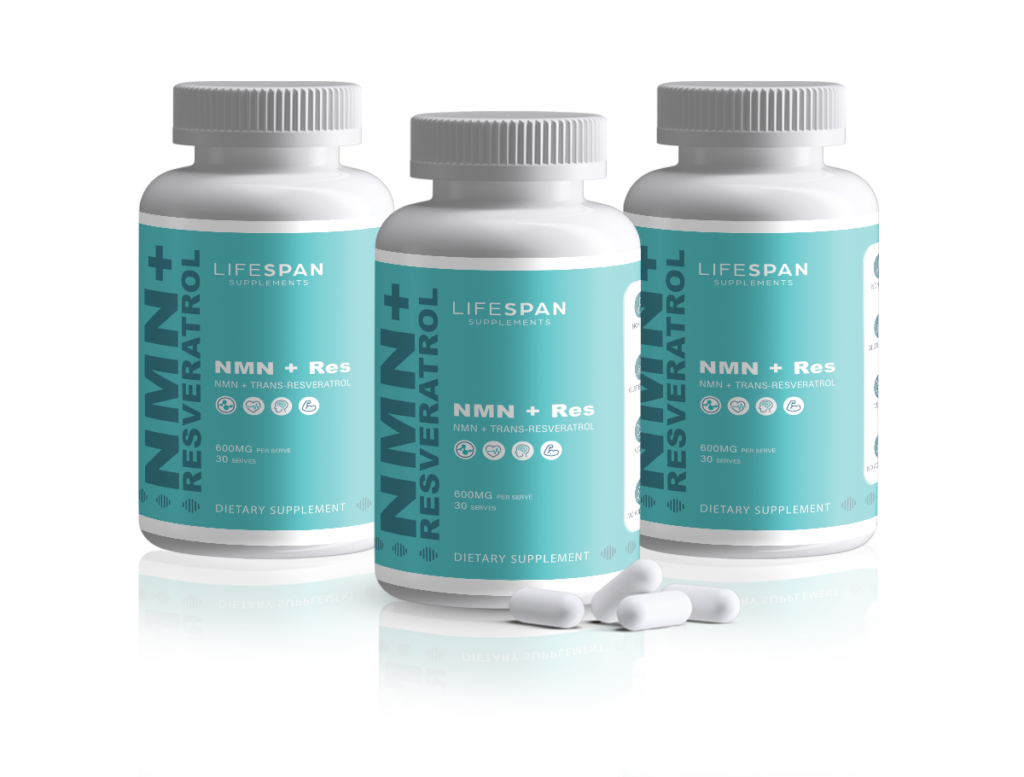The Power of Trans-Resveratrol: Scientific Evidence and Health Benefits
In the quest for a longer, healthier life, trans-resveratrol has emerged as a remarkable compound that holds promise in the realms of longevity and anti-ageing. Found naturally in red wine, grapes, berries, and peanuts, trans-resveratrol has captured the attention of scientists and health enthusiasts alike. This polyphenolic compound offers a myriad of benefits, ranging from its antioxidant properties to its role in enhancing cellular function. Let’s explore the science behind trans-resveratrol, its potential anti-ageing effects, and how you can incorporate it into your daily routine for optimal health, specifically focusing on finding the best trans-resveratrol supplement Australia has to offer.
What is Trans-Resveratrol?
Trans-Resveratrol is a type of natural phenol produced by certain plants in response to injury or when the plant is under attack by pathogens such as bacteria or fungi. It is most famously found in the skin of red grapes, which is why red wine is often touted as a source of this compound. However, trans-resveratrol is also present in other foods such as blueberries, raspberries, mulberries, and peanuts.
Interest in trans-resveratrol significantly increased after studies suggested that it might have a range of health benefits, particularly concerning longevity and the ageing process. This compound is believed to mimic the effects of caloric restriction, a well-known intervention for extending lifespan in various organisms.
The Science Behind Trans-Resveratrol and Longevity
Antioxidant Properties
One of the primary ways trans-resveratrol benefits the body is through its potent antioxidant properties. Antioxidants help neutralise free radicals, unstable molecules that can damage cells and contribute to ageing and diseases. By reducing oxidative stress, trans-resveratrol helps protect cells and tissues from damage, promoting overall health and longevity.
Sirtuins Activation
Trans-Resveratrol is known to activate a family of proteins called sirtuins, particularly SIRT1. Sirtuins play a crucial role in cellular health by regulating processes such as DNA repair, gene expression, and metabolism. Activation of SIRT1 by trans-resveratrol is believed to mimic the effects of caloric restriction, a dietary regimen that has been shown to extend lifespan in various organisms. This activation leads to improved mitochondrial function and increased cellular stress resistance, both of which are vital for healthy ageing.
Anti-Inflammatory Effects
Chronic inflammation is a key contributor to ageing and age-related diseases. Resveratrol has been shown to exhibit strong anti-inflammatory properties, reducing the production of inflammatory cytokines and inhibiting pathways that lead to inflammation. By mitigating chronic inflammation, trans-resveratrol helps protect the body from diseases such as arthritis, cardiovascular disease, and even certain cancers.
Cardiovascular Health
Resveratrol is particularly renowned for its heart-protective effects. It helps improve endothelial function (the function of the inner lining of blood vessels), reduces LDL cholesterol levels, and prevents the formation of blood clots. These effects collectively contribute to a lower risk of cardiovascular diseases, which are a major cause of morbidity and mortality in older adults.


Trans-Resveratrol and Anti-Ageing
Skin Health
Resveratrol’s antioxidant properties extend to skin health, where it helps protect against damage from UV radiation and pollution. By neutralising free radicals and reducing inflammation, trans-resveratrol can help prevent the formation of wrinkles, fine lines, and age spots. Additionally, it promotes collagen synthesis, which is crucial for maintaining skin elasticity and firmness.
Neuroprotection
Ageing is often accompanied by a decline in cognitive function and an increased risk of neurodegenerative diseases such as Alzheimer’s and Parkinson’s. Resveratrol has been shown to protect neurons from damage and reduce the accumulation of amyloid-beta plaques, which are characteristic of Alzheimer’s disease. Its ability to cross the blood-brain barrier makes it a promising candidate for supporting brain health and preserving cognitive function as we age.
Metabolic Health
As we age, our metabolic health can decline, leading to issues such as insulin resistance, type 2 diabetes, and obesity. Resveratrol has been found to improve insulin sensitivity, enhance glucose metabolism, and promote healthy weight management. By supporting metabolic health, trans-resveratrol helps reduce the risk of age-related metabolic disorders.
How to Incorporate Trans-Resveratrol into Your Daily Routine
Dietary Sources
Incorporating trans-resveratrol into your diet is a natural and effective way to reap its benefits. Here are some trans-resveratrol-rich foods to consider:
- Red Wine: A moderate intake of red wine can provide a good amount of trans-resveratrol. However, it’s important to consume alcohol in moderation.
- Grapes: Particularly red and purple grapes, which contain trans-resveratrol in their skins.
- Berries: Blueberries, raspberries, and mulberries are excellent sources.
- Peanuts: Include peanuts or peanut butter in your diet for an extra trans-resveratrol boost.
- Supplements: Lifespan Supplements Resveratrol Capsules offer an easy way to consume trans-resveratrol, with the added benefit of the NAD+ precursor NMN.
For those looking to maximise their trans-resveratrol intake, supplements are a convenient option. When choosing a supplement, look for the best trans-resveratrol supplement Australia has to offer. Resveratrol supplements are available in various forms, including capsules and tablets. When choosing a supplement, look for products that provide a standardised amount of trans-resveratrol, the active form of the compound. It’s also advisable to consult with a healthcare provider before starting any new supplement regimen, especially if you have underlying health conditions or are taking other medications.
Topical Applications
Resveratrol is also used in skincare products due to its antioxidant and anti-ageing properties. Look for serums, creams, and lotions that contain trans-resveratrol as a key ingredient. Applying these products can help protect your skin from environmental damage and promote a youthful appearance.
The Future of Trans-Resveratrol Research
While the current body of research on trans-resveratrol is promising, ongoing studies continue to explore its full potential and mechanisms of action. Future research may uncover even more benefits and applications for this remarkable compound. Scientists are particularly interested in understanding how trans-resveratrol can be used in combination with other nutrients and lifestyle interventions to optimise health and longevity.
The Path to Healthier Ageing: Key Takeaways
Choosing the Best Trans-Resveratrol Supplement in Australia
Resveratrol is a powerful compound with a wide range of health benefits, particularly in the areas of longevity and anti-ageing. Its antioxidant, anti-inflammatory, and heart-protective properties make it a valuable addition to a healthy lifestyle. By incorporating resveratrol-rich foods into your diet, considering supplements, and using topical skincare products, you can harness the potential of trans-resveratrol to support your health and well-being as you age.
As we continue to learn more about the science behind trans-resveratrol, it remains clear that this natural compound holds significant promise for those looking to enhance their health and longevity. Whether you’re looking to protect your heart, improve your skin, or boost your overall vitality, finding the best trans-resveratrol supplement Australia offers is a natural and effective solution.
* With some observed benefits of shilajit, the data comes from animal studies rather or as well as human studies. Although shilajit showed many benefits in animal studies, not all the benefits were replicated in human studies.
Sources
- Resveratrol as an antioxidant: A new protective role. Leonard, S. S., Xia, C., Jiang, B. H., Stinefelt, B., Klandorf, H., Harris, G. K., & Shi, X. (2003). Resveratrol scavenges reactive oxygen species and effects radical-induced cellular responses. Biochemical and Biophysical Research Communications, 309(4), 1017-1026.
- Small molecule activators of sirtuins extend lifespan in mice. Milne, J. C., Lambert, P. D., Schenk, S., Carney, D. P., Smith, J. J., Gagne, D. J., … & Sinclair, D. A. (2007). Small molecule activators of SIRT1 as therapeutics for the treatment of type 2 diabetes. Nature, 450(7170), 712-716.
- Resveratrol as an anti-inflammatory agent: A review. Shakibaei, M., Shayan, P., Busch, F., Aldinger, C., Buhrmann, C., Lueders, C., … & Goel, A. (2011). Resveratrol mediated modulation of inflammatory cytokines, and their signaling mechanisms: mechanistic insights. Genes & Nutrition, 6(2), 89-100.
- Cardioprotective effects of resveratrol. Das, S., & Das, D. K. (2007). Resveratrol: a therapeutic promise for cardiovascular diseases. Recent Patents on Cardiovascular Drug Discovery, 2(2), 133-138.
- Protective effects of resveratrol on UV-induced skin damage. Buonocore, D., Lazzeretti, A., Tinci, A., Nobile, V., Cestone, E., Santin, G., & Bottone, M. G. (2012). Resveratrol-protective effects on UVB-mediated damage in HaCaT cell line. Archives of Dermatological Research, 304(7), 595-602.











